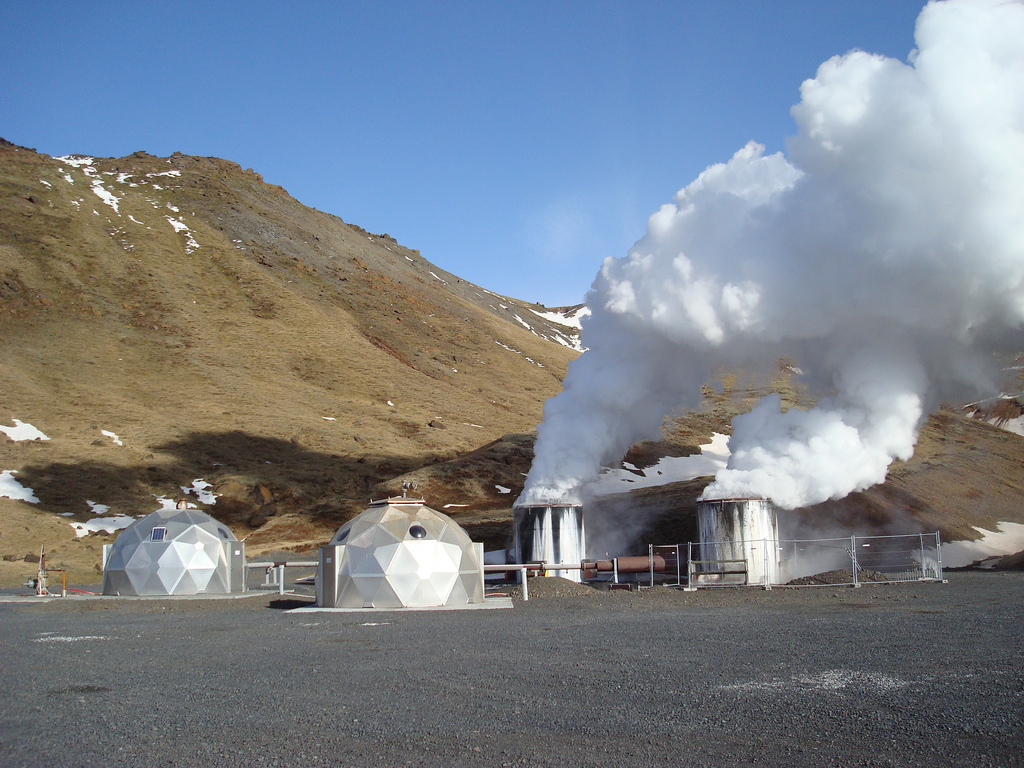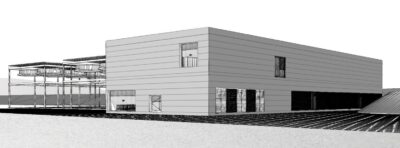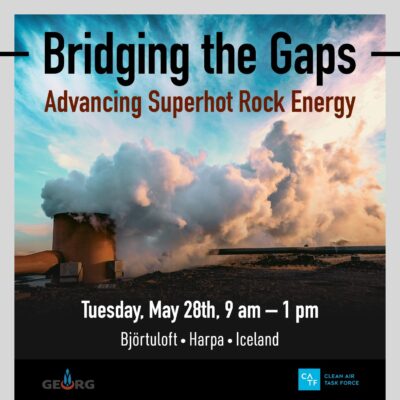CarbFix project in Iceland wins EUR 16m EU Geothermal Emissions Control funding
The CarbFix project at the Hellisheidi geothermal power plant by Reykjavik Energy in Iceland has received funding of EUR 16 million to continue research on the project. The CarbFix project is researching optimized industrial methods for storing CO2 in basaltic rock.
Announced yesterday, the CarbFix project by Reykjavík Energy along with a group of 17 partners across Europe have received a EUR 16 million ($18.5 milliion) grant from the Horizon 2020 Research and Innovative programme by the European Union. The funding contributes to the GECO project, GECO standing for “Geothermal Emission COntrol”. The project will advance the provision of cleaner and cost-effective geothermal energy across Europe and the World with reduced emissions of carbon and sulphur.
The GECO project is largely based on the CarbFix method.
Founded in 2007 by the University of Iceland, CNRS in Toulouse, the Earth Institute at Columbia University in New York and Reykjavik Energy, several universities and research institutes have participated in the project throughout the years. The CarbFix project is designed to optimize industrial methods for storing CO2 in basaltic rocks through a combined program consisting of, field scale injection of CO2 charged waters into basaltic rocks, laboratory based experiments, study of natural analogues and state of the art geochemical modeling. A second and equally important goal of this research project is to generate the human capital and expertise to apply the advances made in this project in the future.
GECO aims to increase public acceptance and generalize the CarbFix method. To that end, the re-injection method will be applied in four distinct geothermal systems in four European countries:
- a high temperature basaltic reservoir in Iceland;
- a high temperature gneiss reservoir in Italy;
- a high temperature volcano-clastic reservoir in Turkey; and
- a low temperature sedimentary reservoir in Germany
The Project Co-Ordinator is Reykjavik Energy, and the project duration is 5 years, 95 annual work units.
For more information, please take a look at the press release linked below.
Source: CarbFix, GECO Press Release


















